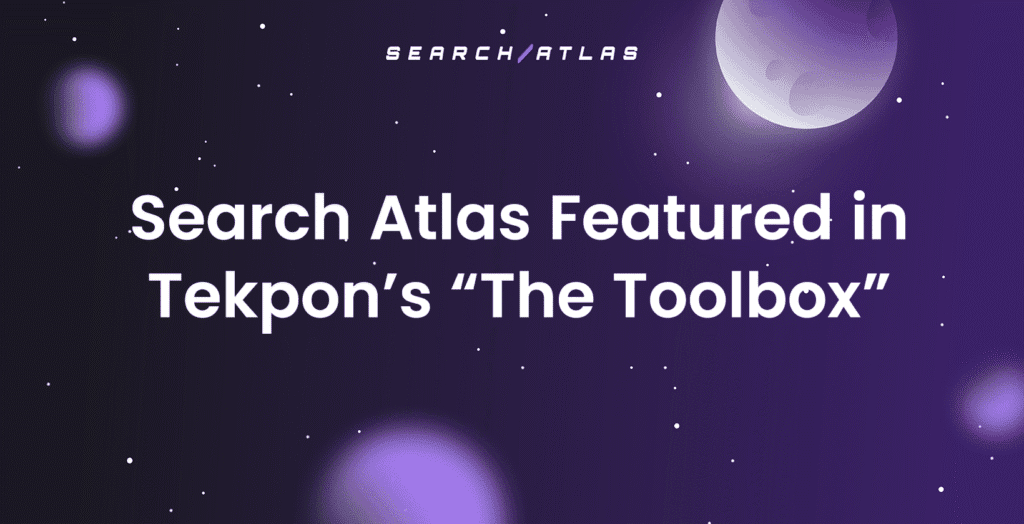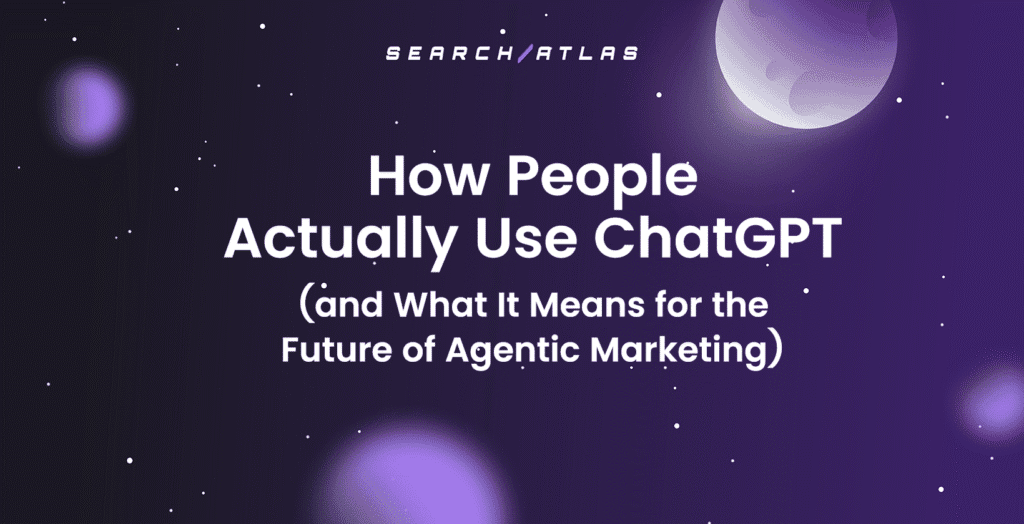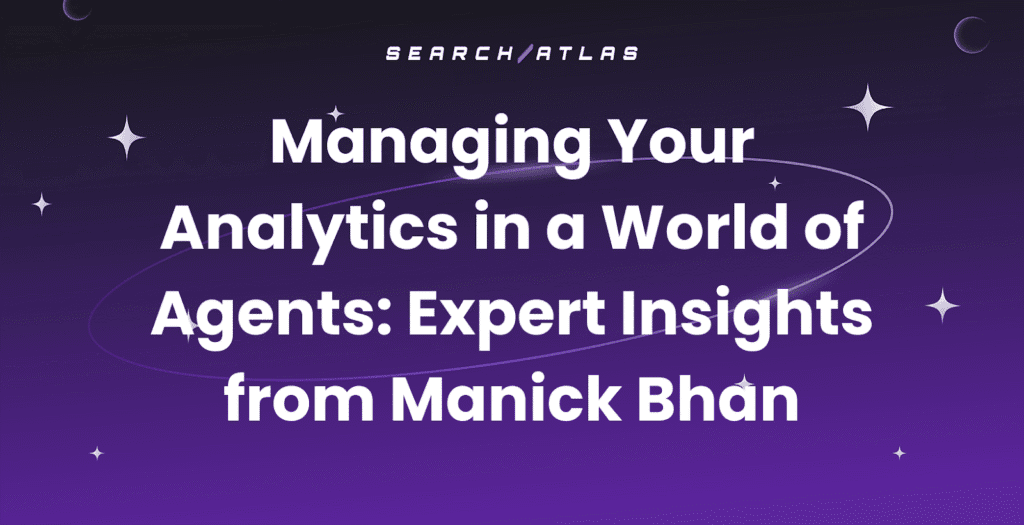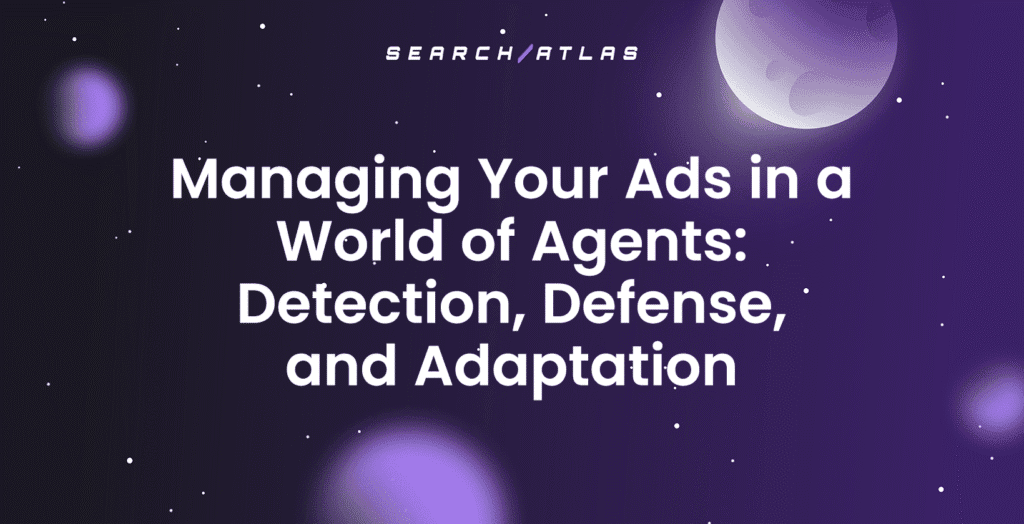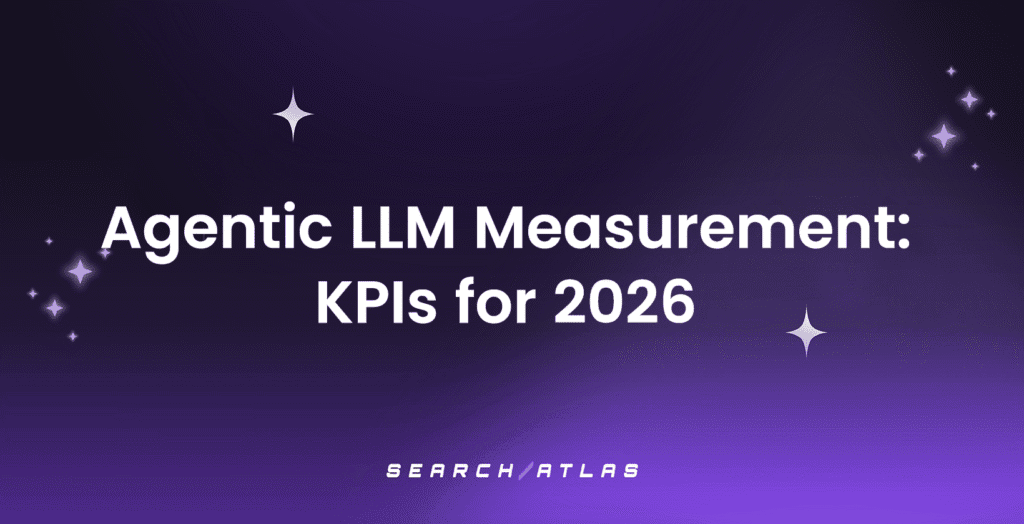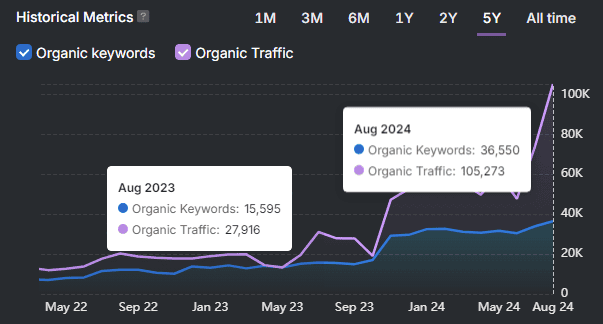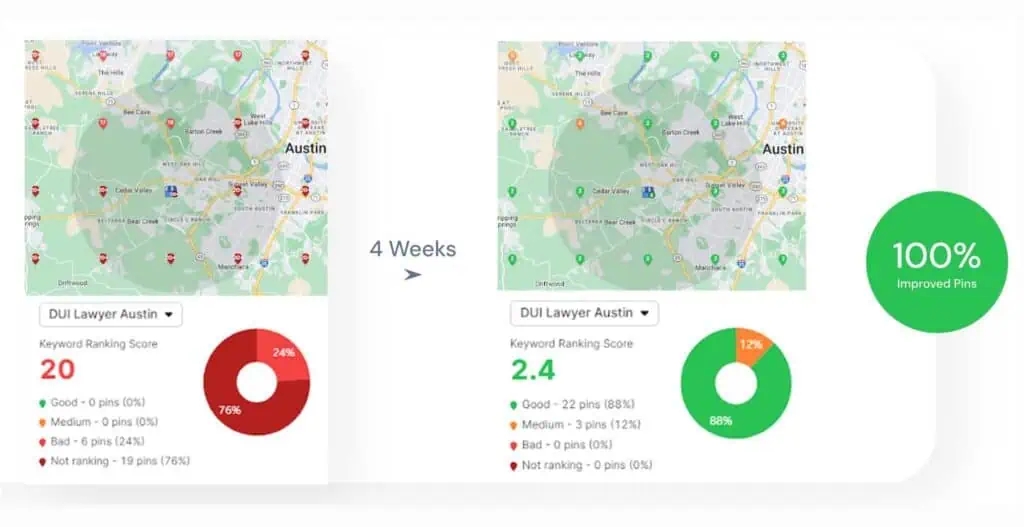The ChatGPT Atlas release is one of the biggest news drops in the search world recently, as it brings agentic search to hundreds of millions of potential users. While it’s not the first, with Perplexity’s Comet and other AI browsers already existing, it’s a tool that might make AI browsing more mainstream.
While this may simplify certain workflows, it also raises questions for marketers, advertisers, and privacy-conscious users. Our team got straight to testing it and analyzing its potential implications – so let’s answer some of these questions together.
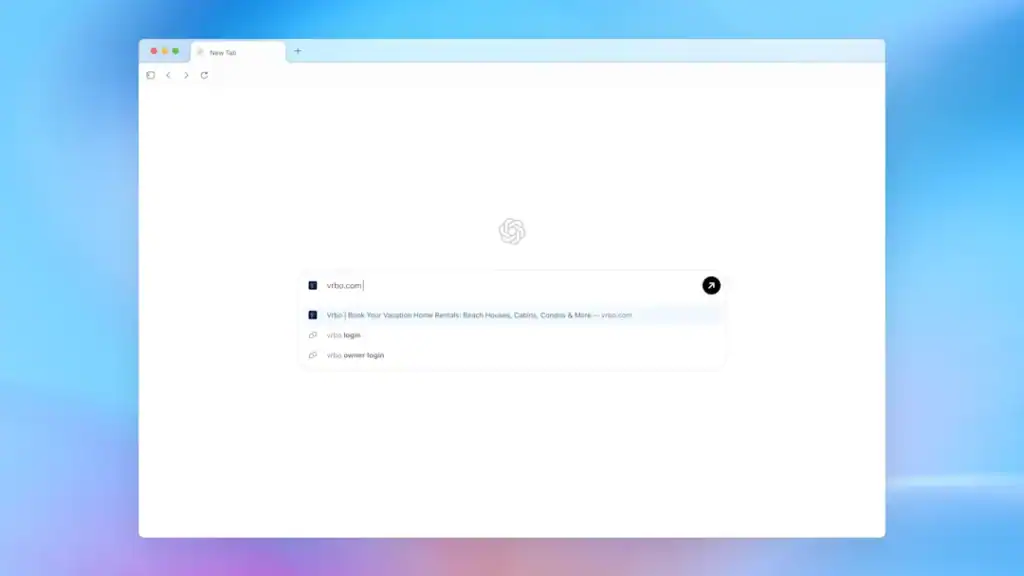
How ChatGPT Atlas Works
ChatGPT Atlas runs on Chromium, the same open-source base that powers Google Chrome. Early tests show Atlas uses Chrome’s rendering engine and user-agent strings, which means websites recognize its activity as coming from a standard human browser session.
The browser operates in an “agent mode” that turns natural language instructions into actions. Users can ask Atlas to open a site, search for data, fill out a form, or even complete an online workflow — all without leaving the chat interface. It bridges conversational AI with full web functionality, effectively merging two separate environments into one continuous experience.
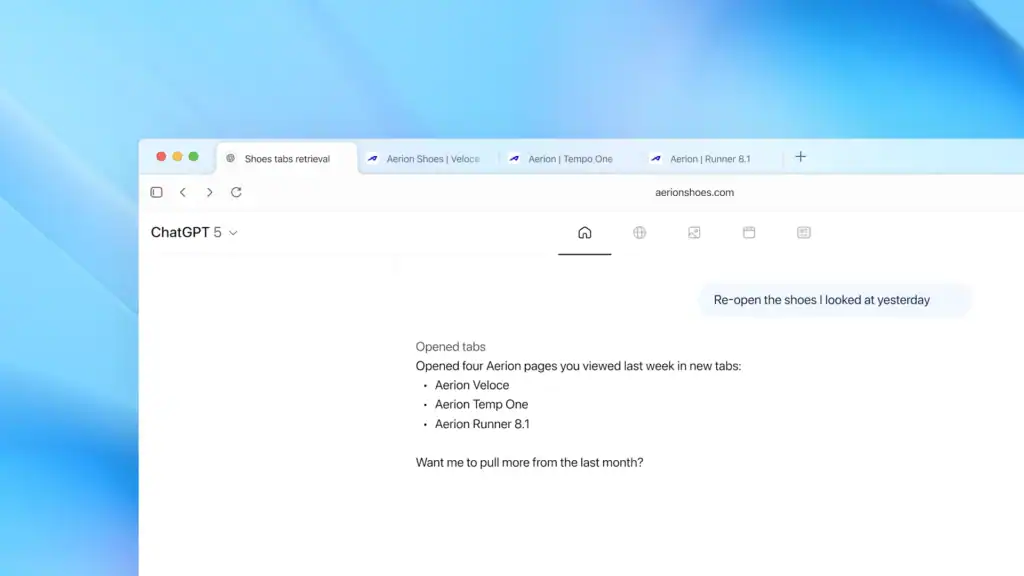
This setup feels far smoother than the earlier browsing tools built into ChatGPT. However, Atlas only executes what it’s told. It does not assess the accuracy of information, confirm successful actions, or decide between possible outcomes. Its precision depends entirely on how clearly users frame their commands.
Privacy and Security Considerations
Using Atlas extends ChatGPT’s visibility into user behavior far beyond text prompts. The system gains access to browsing activity, connected accounts, and data exchanged during conversations. Many people use ChatGPT for private or professional research, which means the integration of full web access raises new questions about data exposure and user control.
OpenAI includes options to review or erase browsing data, but these settings depend on manual management. Unless users adjust their privacy preferences, portions of their online activity may remain accessible to the system.
However, with the agent being able to execute actions automatically, there’s a new security risk through prompt injection and clipboard attacks. In agent mode, Atlas (or other AI browsers) can follow instructions that inadvertently click on malicious links, which may hijack the clipboard without the user’s awareness.
This could cause the AI to paste a dangerous link or execute harmful actions, turning routine tasks into attack vectors. Basically, it can perform the actions (such as emptying your bank account) on behalf of the hacker. So while its potential is exciting, I wouldn’t rush into sharing my sensitive data with the browser just yet.
Current Performance
Our team tested Atlas on several tasks, including renting a boat, checking assignees in ClickUp, and looking for products on Google. Even with clear instructions, the agent did not complete tasks any faster than a human following the same steps manually.
Latency made the process noticeably slow, and while Atlas could navigate different interfaces, it did not provide a speed advantage. At this stage, the tool automates actions but mainly maintains the workflow within the chat interface rather than improving efficiency.
Finally, with a clearly commercial keyword (we used best coffee tables), the agent clicked on sponsored results without issue when prompted. This led us to dig a bit more.
The Ad Ecosystem Problem
What browser scanning and user agent checkers saw was indistinguishable from human behavior (for now). Because Atlas runs on Chromium, ad networks and analytics tools register its clicks as human. When the AI agent follows an instruction to “open this result” or “visit that site,” those actions look like legitimate user engagement
That illusion could prove costly. Every AI-triggered click on a sponsored link gets billed to advertisers as if a real person made it. For companies spending heavily on pay-per-click campaigns, that means marketing budgets could start leaking into interactions with no buyer behind them. Attribution data, already prone to noise, would only grow less reliable.
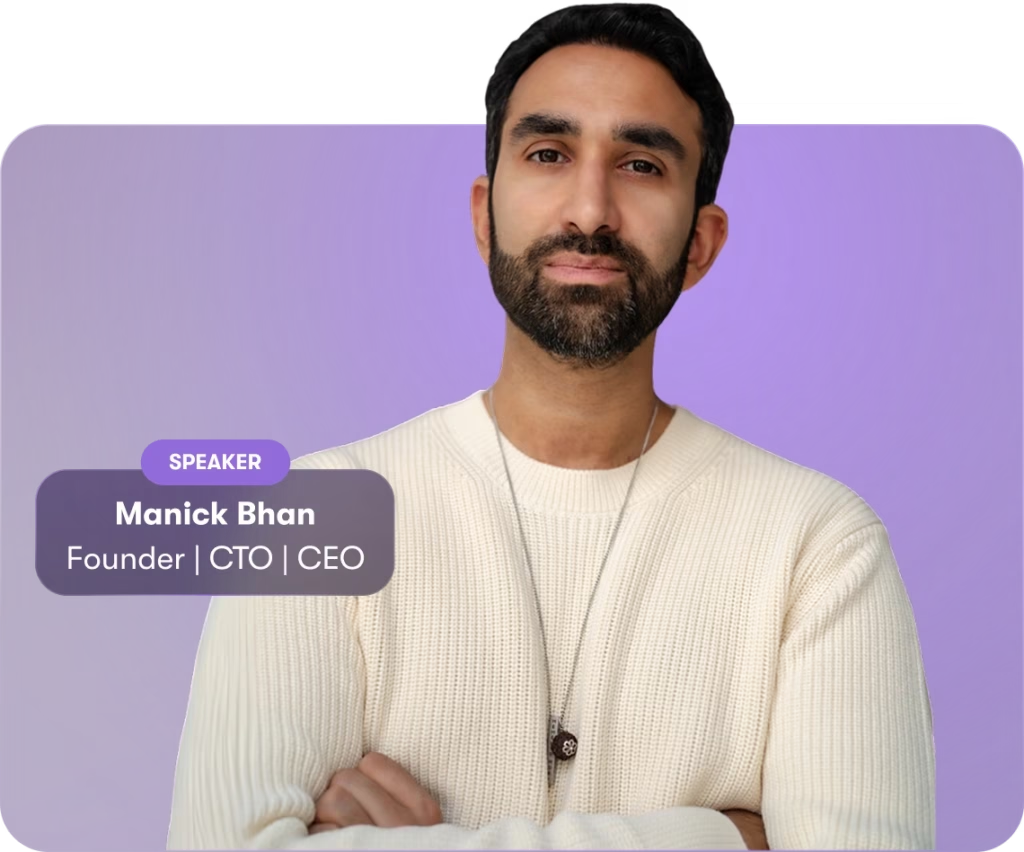
Search Atlas founder and CTO Manick Bhan’s team ran tests confirming how closely Atlas mirrors Chrome’s behavior. Their analysis showed the agent uses the same rendering engine and user-agent signature, making its traffic virtually indistinguishable from a human browser. “When ChatGPT Atlas clicks on a sponsored post, advertisers pay for that click just as they would for a human visitor,” Bhan said. “Right now, there’s no way to tell the difference.”
That discovery points to a larger problem: the entire ad ecosystem assumes that clicks equal attention. If AI agents now generate those clicks in bulk, three major consequences follow.
- First, the risks of ad fraud rise. Automated traffic could quietly consume budgets or be weaponized in competitive sabotage campaigns.
- Second, analytics data loses trust. Marketers can’t refine campaigns when AI interactions blend with human ones.
- Third, policy enforcement falters. Most platforms explicitly prohibit bot traffic, yet Atlas currently slips through undetected.
Manick Bhan emphasizes the urgency for businesses. “Companies need to take action immediately and start treating this as a real issue as the browser gains traction,” he said. He recommends auditing analytics for unusual traffic patterns, monitoring ad spend for irregular click behavior or declining conversion rates, and ensuring marketing teams report any anomalies to ad providers.
How Will Google React?
Google may react to Atlas by tightening bot detection across Chrome and its advertising platforms. Possible measures include advanced fingerprinting, stricter CAPTCHA requirements, and increased transparency around automated browser activity. These changes could alter how marketers track traffic, attribute engagement, and evaluate ad performance.
Broader Implications
Atlas signals a shift toward conversation-driven browsing, where users issue instructions rather than manually navigating websites. For marketers, this may create new automation opportunities in research and reporting. For users, it underscores the need to understand privacy implications and how AI systems handle personal and professional data.
Because conversational browsing captures more context than traditional searches, it could influence analytics and content strategy. Companies may need to account for how AI interprets web content when planning digital campaigns.
SEO and Content Strategy
As AI browsers proliferate, traditional SEO may require adaptation. Content that is clear, well-structured, and contextually rich will be easier for AI agents to process and reference. This approach, sometimes called Answer Engine Optimization (AEO), prioritizes AI readability and actionable information over human-centric click metrics.
AI agents are already acting as intermediaries between human users and content (like GPT using blog info to answer your questions). If this becomes even more pronounced with browsers like GPT Atlas, businesses will need to adjust strategies to maintain visibility.


